| The Ketogenic diet has been proven time and time again to be the fastest, healthiest way to lose weight and improve many health ailments. But, it can be challenging! If you're not getting the results you wanted - don't worry! Everyone is different, with different metabolisms, habits, lifestyles, and goals. Occasionally, clients will come to me in frustration because they aren't losing weight like they thought they would especially since the Ketogenic diet is THE most effective weight loss protocol out there. Is this happening to you? The Ketogenic diet needs to be followed quite strictly...especially in the beginning. It is important that you follow the macronutrient ratios of 75% fat, 20% protein, and 5% net carbs in order for your body to become fat-adapted, or Keto-adapted. This is the sweet spot where your body is consistently using body fat for fuel, you have lots of energy, reduced appetite, and you feel fantastic! |
1. Not eating enough fat.
2. Eating too much protein.
3. Not eating enough vegetables/keto fruits.
4. Not drinking enough water.
| It is well documented that drinking enough water is essential for good health, and is crucial for everything your body does... including burning fat. When you first start out on Keto, your body has reduced insulin and inflammation, and starts flushing out excess fluid and toxins so it is important to drink lots of water. Drink at least half your body weight in ounces, and add 1/4 teaspoon of sea salt or Himalayan pink salt to provide electrolytes and minerals for your body during this critical first phase of Keto-adapation. |
5. Eating too many carbs/calories.
6. Not enough sleep.
| Adequate sleep is imperative for weight loss and general well-being. Without enough sleep, your body can feel stressed and can produce the stress hormone "cortisol". This will trigger your body to hang on to fat. Plus, when you're tired you often overeat and crave carbs. I suggest getting at least 7-9 hours of sleep every night, and know that your body is using that time to burn fat without you doing a thing! |
7. Not managing stress.
| Mental stress (and extreme physical stress) makes your body produce high levels of cortisol which can trigger your liver to produce glucose (sugar) even if you’re not eating carbs/sugar! Glucose = insulin = fat storage ≠ ketosis. Although it's impossible in today's world to avoid stress, find ways to manage it or avoid it when you can. |
8. Not tracking your macros.
It's important to focus on the basics, avoid common mistakes, and eat healthy, alkaline foods to ensure you achieve your weight loss goals and improve your overall health.


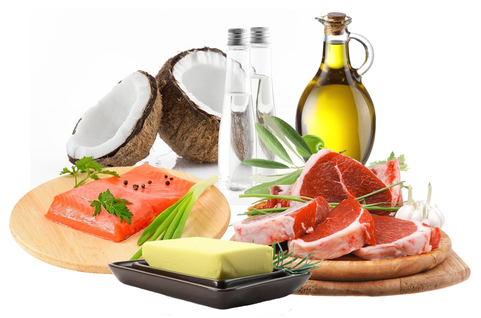
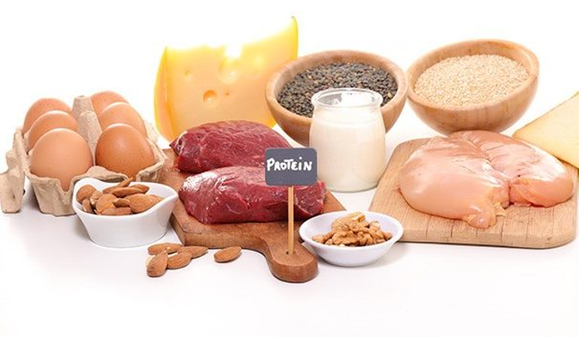
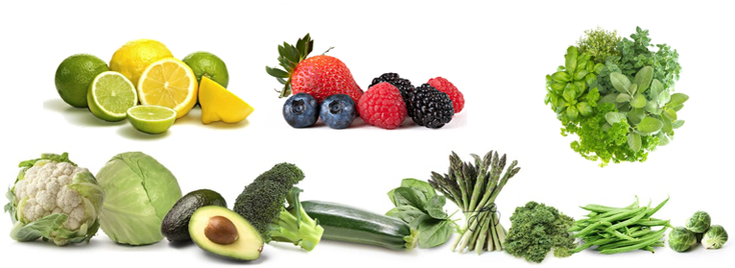


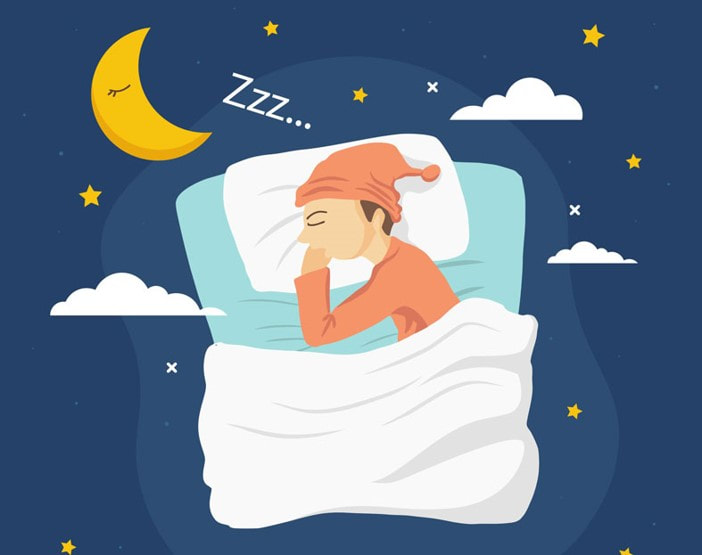
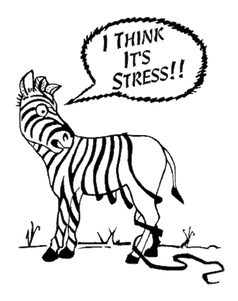


 RSS Feed
RSS Feed